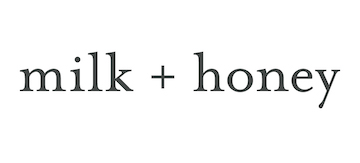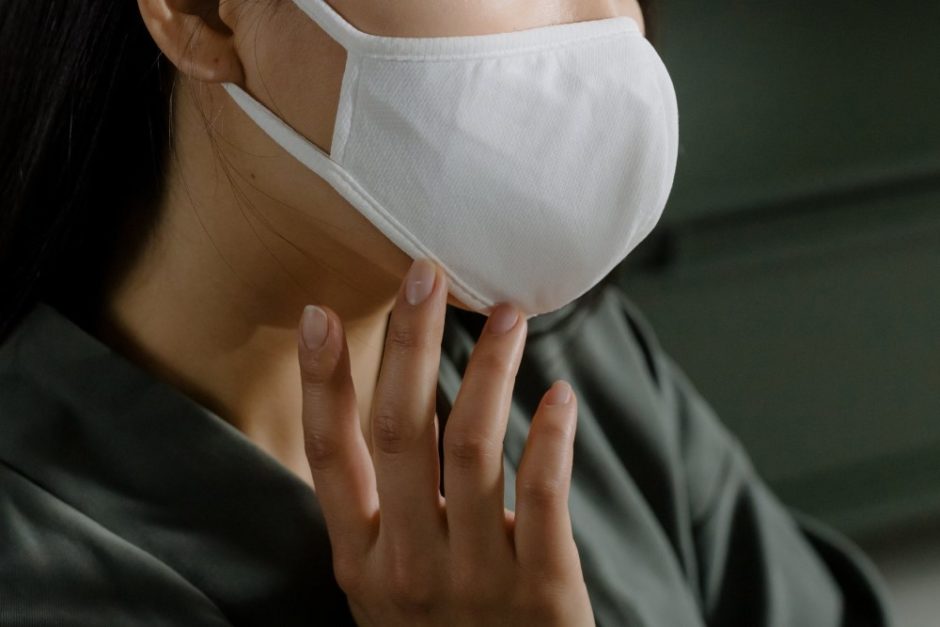During the COVID-19 pandemic, masks became part of our regular routine as they were required in most public places. The primary reason for wearing a mask was to help reduce the spread of COVID-19, but even after people got vaccinated some continued wearing masks because it also helps prevent the spread of other illnesses such as the flu. Beyond reducing the spread of viruses, other reasons people continue to wear masks include helping with allergies, reducing the need for makeup, or simply as a means of expression through the mask design much like with clothing and accessories.
While masks definitely have their benefits, they also come with one unfortunate consequence: mask acne or maskne. Masks, especially reusable fabric ones, trap oil, bacteria, and dead skin and then rub up against your face, clogging pores and irritating follicles which causes mask acne. Even if you’re wearing a clean mask every day, maskne is inevitable.
If you plan on continuing to wear a mask, learn everything you need to know about mask acne including prevention and treatment tips.
What is maskne?
Maskne is acne around the mouth, chin, and cheeks that is specifically caused by wearing a mask. The term is an umbrella that can refer to acne (clogged pores), rosacea (a skin condition that causes redness and pimples), contact dermatitis (a sensitive reaction to the mask itself), or folliculitis (infected hair follicles). If you already had any of these conditions, the friction and buildup of substances can provoke a flare up. On the other hand, if you previously experienced clear skin (lucky you!), the addition of a physical barrier against your face can spark new skin issues.
What causes maskne?
Maskne is caused by, of course, wearing a mask. Depending on which issue you have, though, the causes may vary. True acne is caused by clogged pores, which means the oils, bacteria, and dead skin that naturally occur are being trapped against the skin. Rosacea can flare up for a number of reasons, one of them being heat. Contact dermatitis could be a reaction to your laundry detergent or even the fabric of the mask itself, and folliculitis is caused by bacteria infecting the hair follicles.
How to prevent maskne
The easiest way to tackle any skincare issue is to prevent it before it happens, so here are some tips for preventing mask acne:
- Wash your face before donning your mask so that there’s less oils, bacteria, and skin cells to collect.
- Moisturize before you mask up to soften the skin and reduce friction.
- Skip the makeup! Odds are it’ll get rubbed off onto the mask anyway, so embrace the chance to go au natural.
- Keep your mask clean by washing after every use with a fragrance-free soap or detergent, which will help with bacteria buildup and reduce the chance of irritation.
- Use a mask made of natural, soft fabric like cotton or silk; synthetics like nylon or rayon can be too abrasive for the face.
- Make sure your mask fits well! It should cover the nose and mouth snugly, but not too tight which causes extra friction and irritates the skin.
How to treat maskne
If you’re looking for a solution, here are some mask acne treatment tips:
- Wash your face regularly with a gentle cleanser–definitely at the beginning or end of the day, but if you get particularly sweaty, another quick rinse will help keep things fresh.
- Supplement your skincare routine with clarifying treatments like benzoyl peroxide or salicylic acid.
- If your skin feels tender and irritated, cortisone cream and moisturizer with ceramides will soothe and protect your skin.
- A topical antibiotic cream can help prevent infections: dermatologists recommend applying before you put on your mask.
- Consider switching to disposable masks until your breakouts subside, to ensure that you’re starting with a clean slate every time you mask up.
- If you’re sticking with fabric masks, try to swap out for a fresh one midday.
- Wash your hands before handling the mask to reduce the transfer of oils and bacteria.
If none of the above helps treat your mask acne, consult your dermatologist for a stronger treatment, such as a prescription-strength antibiotic. Additionally, you should consider getting regular facial treatments to help exfoliate and refresh your skin. If you’re interested in getting a facial, check out the wide array of options available at your local milk + honey spa and book an appointment today!



No Comments